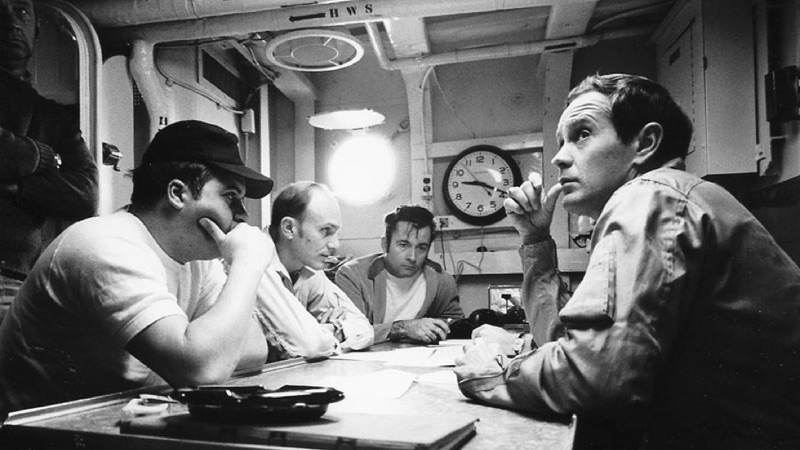Time Sheets, the Common Good, and JJ Bean
Give me Krispie Oatmeal Raisin or give me death.

I hate time sheets. Filling them in is mind numbing, and they make me feel like I'm living in a surveillance state—every portion of my work life reported, categorized, reviewed. I've certainly got nothing to hide, but time sheets still make me feel micromanaged and self-conscious, like I'm not trusted to allocate my time appropriately. Also, they're kind of a hassle.
The only thing that makes me feel emptier than filling in my own time sheets is having to remind other people to fill in theirs. As a project manager, not only am I a prisoner in this panopticon-like arrangement, I'm also a guard.
But.
There’s a reason we fill them in, right? “If you can’t measure it, you can’t improve it”, says Peter Drucker. Time sheets aren't only a tool for figuring out if we’re on budget for a given project, they're also a rich source of historical project management analytics. They can help us answer questions like:
- Typically, how soon after kickoff are we starting development on our projects, and how does that match up to initial plans? If late starts for certain phases of our projects is a trend, we need to investigate the habits behind the numbers.
- How much time did we spend on UI design across all projects in 2019 as a percentage of total project time? Is that percentage relatively consistent across similar projects? This insight could help us estimate future projects.
- Across all projects, how accurate are our estimates? For what kinds of projects are we estimating well and where are we weak?
Time sheets have a story to tell—ask the right questions and they’ll help point out our blind spots and our strengths. Measure, improve.
Rallying the troops
But if it can be hard for a project manager to come to terms with the effort required to fill in a time sheet, how are we supposed to convince the rest of the team that documenting their time is worthwhile? I’ve found explaining why we fill in time sheets, and making that explanation as concrete as possible, gives the team a common cause.
If you’re working in a client services-based agency, chances are your time sheets are critical to the wellbeing of your organization. If you're trading time for money on at least some of your projects, every hour that’s not recorded properly is an hour of billings that’s not going toward salaries, rent, benefits, or that cheesy bread everyone liked so much at the year-end party.
Put time sheet slip-ups into concrete terms—for example, in my case: one week of misreported time for one person can total the entire company's software subscription budget for the year—and your team will have a deeper understanding of the importance of pulling together on a mundane task for the common good.
And if that doesn’t work...
Try cookies. Give the team a deadline. If everyone has their time sheets completed by then, everyone gets cookies (or whatever treats your team loves). If any one person doesn't get their time sheet in by the deadline (within reason), no one gets cookies.
Both of these approaches work pretty well. So even if I still feel like my team and I are being surveilled a little bit through our time sheets, at least everyone knows they're generating valuable project analytics and helping to make sure the company stays afloat.
But really, it's about the cookies.
PS: If you're a PM in Vancouver or Toronto, I recommend checking out the cookies at JJ Bean. I have my favourites, but they're all good.